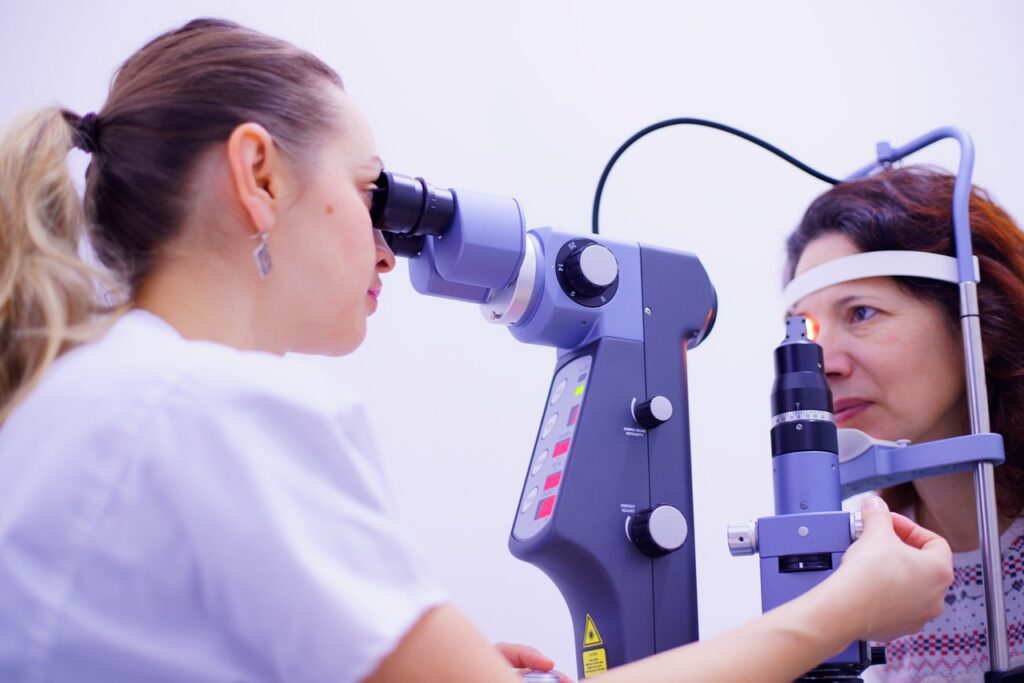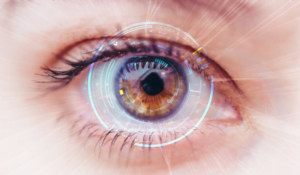
Vision loss can have a significant impact on your quality of life. Fortunately, many causes of vision loss are preventable with proper care and attention. In this blog post, we’ll explore some essential tips for protecting your vision and reducing the risk of vision loss.
- Schedule Regular Eye Exams: Regular eye exams are essential for detecting vision problems early and preventing serious conditions such as glaucoma, macular degeneration, and diabetic retinopathy.
- Maintain a Healthy Lifestyle: Eating a balanced diet rich in antioxidants, wearing protective eyewear when necessary, and avoiding smoking can help protect your vision.
- Manage Underlying Health Conditions: Conditions like diabetes and hypertension can affect your eyesight if left untreated. Managing these conditions with proper medical care is crucial for preserving your vision.
- Protect Your Eyes from UV Radiation: Wear sunglasses that block 100% of UV rays when outdoors to reduce the risk of cataracts and other eye problems.
- Practice Eye Safety: Whether at work or play, wearing protective eyewear can prevent eye injuries that could lead to vision loss.
Conclusion:
By following these tips and prioritizing your eye health, you can reduce the risk of vision loss and enjoy clear vision for years to come.
Frequently asked questions
It’s recommended to have a comprehensive eye exam every one to two years, or more frequently if you have certain risk factors or underlying health conditions.
While eye exercises may help improve specific vision skills, there’s limited evidence to suggest they can prevent vision loss. However, maintaining overall eye health through regular check-ups and healthy habits is essential for preserving vision.
Adopting a healthy lifestyle that includes a balanced diet rich in antioxidants, wearing sunglasses to protect against UV rays, and not smoking can help reduce the risk of age-related macular degeneration.
While you can’t prevent glaucoma entirely, you can reduce your risk by maintaining healthy blood pressure levels, avoiding smoking, and attending regular eye exams for early detection and treatment.
Some studies suggest that certain supplements, such as vitamins C and E, zinc, lutein, zeaxanthin, and omega-3 fatty acids, may help reduce the risk of vision loss in certain individuals. However, it’s essential to consult with your eye care professional before taking any supplements.





Recent Articles:

Alleviating Digital Eye Strain: Tips for Screen Users

The Truth About Seeing in the Dark

The Myth of Green Improving Eyesight

The Dangers of Looking Directly at the Sun

The Risks of Using Smartphones in the Dark on Eye Health

An Examination of Visual Phenomena for “Ghost Images”




